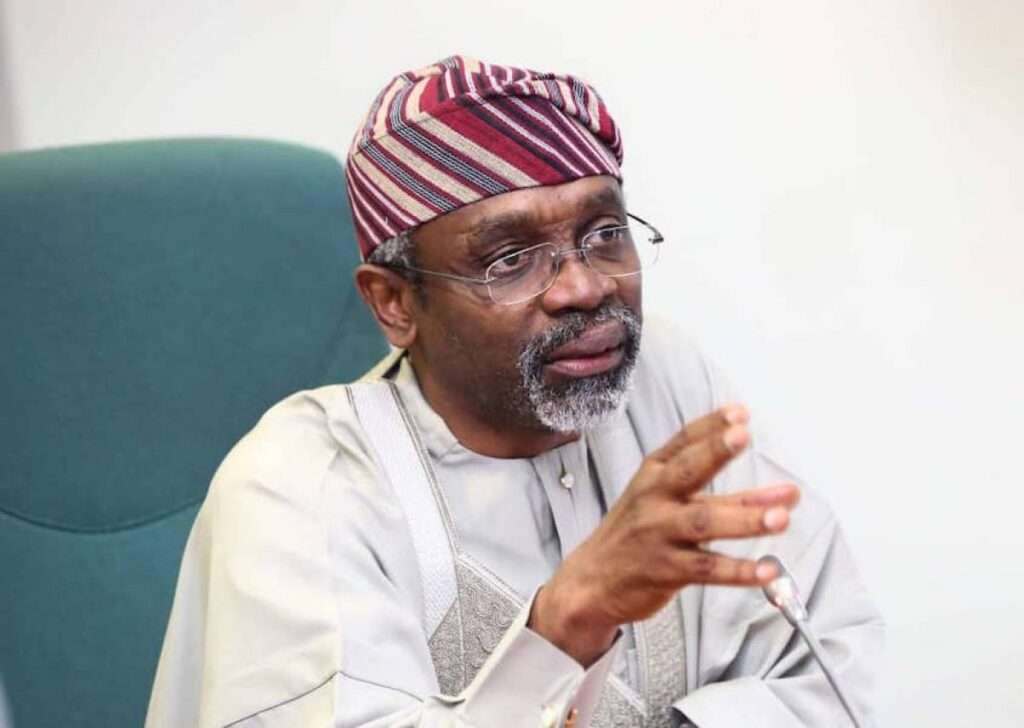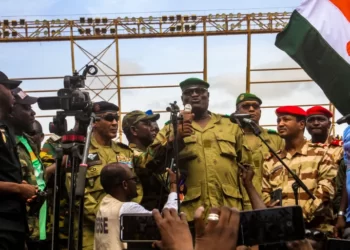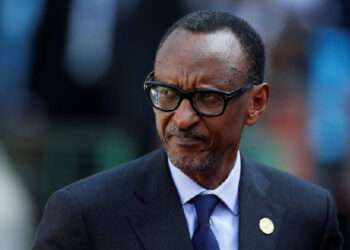President Bola Tinubu’s chief of staff announced that the president has directed a ban on official travel by public officials, effective from April 1, 2024.
This move comes in response to the President’s concerns over the increasing costs associated with travel expenses.
Critics however pointed out the frequency of President Tinubu’s foreign trips since taking office in May. According to reports, he has undertaken over 15 foreign journeys. These frequent travels have drawn criticism towards the administration.
A report by the Nigerian newspaper Punch, citing GovSpend, a civic tech platform, revealed that President Tinubu’s travel expenses have surpassed the allocated budget.
In the first six months of his presidency, it was estimated that he spent at least 3.4 billion nairas ($2.2 million; £1.8 million) on both domestic and foreign travel. This amount represents a 36% increase over the budgeted amount for 2023.
Femi Gbajabiamila, Chief of Staff to President Tinubu, emphasized that the newly imposed travel ban aims to alleviate costs amidst Nigeria’s ongoing economic challenges and the imperative for prudent fiscal management.

Nigeria currently faces one of its severest cost-of-living crises in decades, resulting in widespread hardship and public discontent. In response to mounting criticism, President Tinubu has initiated a three-month moratorium on official travel by government officials.
In January 2024, he announced a significant reduction in the size of official travel delegations, slashing them by approximately 60%, which also included cuts to his travel entourage.
Starting in April, government officials will only be permitted to embark on foreign trips considered “absolutely necessary.” Additionally, they must obtain President Tinubu’s approval at least two weeks before their travel plans, as stated by Mr. Gbajabiamila.
This travel halt is aimed at ensuring that government officials “focus on their respective mandates for effective service delivery”.
Despite the restrictions placed on government officials, President Tinubu has not indicated whether he will reduce his own travel engagements.
In the past, the president and his representatives have defended his frequent trips, asserting their significance in addressing the economic challenges he is accused of neglecting.
Trimming Costs of Official Travels
However, to address Nigeria’s high cost of foreign travel by public officials, innovative solutions can be implemented to streamline expenses and promote fiscal responsibility.
Firstly, the government can centralize diplomatic efforts by utilizing designated representatives or ambassadors for international engagements, rather than individual officials making separate trips. This approach ensures efficient allocation of resources while maintaining robust diplomatic relations.
Secondly, implementing travel budget caps provides a clear framework for controlling expenditures. By setting strict limits on travel expenses, the government can prevent overspending and promote prudent financial management among officials.
Additionally, encouraging group travel for delegations attending international events or meetings can yield significant cost savings. Negotiating group discounts on flights, accommodations, and transportation maximizes efficiencies and minimizes expenses.
Also, Instead of booking expensive hotels or conference venues, the government can leverage its existing assets, such as embassies or consulates, for official meetings and events abroad. This technique reduces accommodation costs and promotes efficient use of government resources.

Moreover, introducing a rigorous approval process based on the expected outcomes and benefits of foreign trips can ensure that travel is justified and aligned with national interests. This solution encourages officials to demonstrate the value of their engagements abroad before receiving approval for travel.
Lastly, leveraging technology for virtual diplomacy offers a sustainable alternative to physical travel. Embracing digital platforms for meetings, webinars, and conferences reduces the need for costly trips while facilitating effective communication with international counterparts.
These strategies not only address the immediate challenge of high travel costs but also promote efficiency, transparency, and accountability within the Nigerian government’s operations on the global stage.
READ ALSO: Protest’s Good When Done Right





















